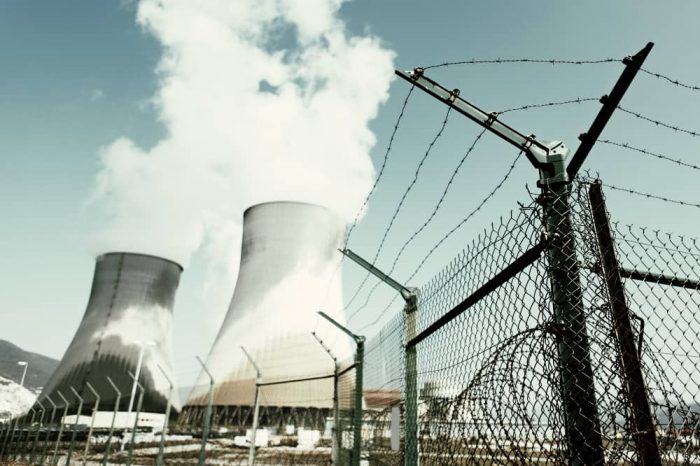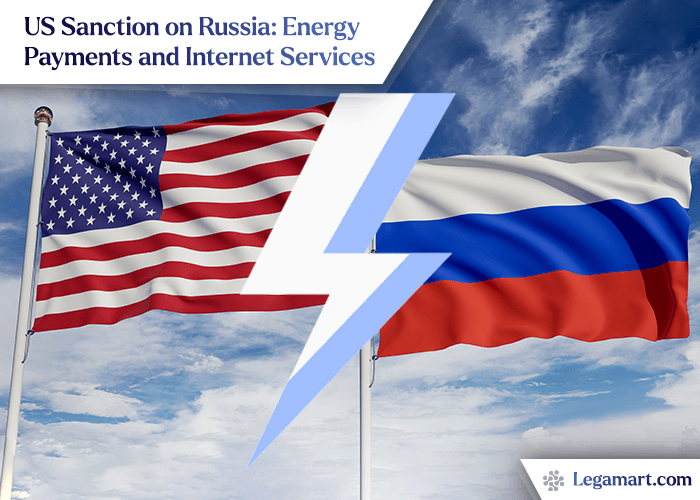Commercial and Business Law
Energy and Infrastructure
Energy and Infrastructure law refers to the legal framework surrounding the development, regulation, and operation of energy projects and public infrastructure. It covers a wide range of issues, including environmental regulations, land use, permits, financing, construction contracts, and public-private partnerships.
In the energy sector, this area of law encompasses various energy sources such as oil, gas, coal, nuclear, renewable energy, and emerging technologies like hydrogen and electric vehicles. Energy laws are designed to promote energy security, promote sustainability, and ensure reliable and affordable energy for consumers. They also deal with the regulatory bodies responsible for overseeing energy production, distribution, and consumption.
-
Oil and Gas
-
Infrastructure law
Oil and Gas
Oil and gas law is a specialized area of energy law that deals with legal issues specific to the exploration, production, and distribution of oil and gas resources. If you are looking for a lawyer to help you with an oil and gas legal matter, you should consider finding a lawyer who specializes in this area of law.
Here are some tips to help you find a lawyer for your oil and gas legal matter:
Look for lawyers with experience in oil and gas law: Look for lawyers who have experience handling oil and gas legal matters. You can search for lawyers specializing in this area of law on legal directories, law firm websites, and bar association websites.
Check their credentials: Verify the lawyer’s credentials, including their education, professional experience, and any certifications they may have in oil and gas law.
Check their reputation: Look for reviews and testimonials from previous clients to see what their experience was like working with the lawyer.
Schedule a consultation: Schedule a consultation with the lawyer to discuss your legal matter and get a sense of their experience, approach, and fees.
Consider their fees: Consider the lawyer’s fees and billing structure to ensure that it is within your budget and that you are comfortable with the cost.
Infrastructure law
Infrastructure law relates to public works projects, including transportation, water supply, waste management, and telecommunications. It covers the legal issues surrounding public-private partnerships, government contracts, zoning, permitting, environmental compliance, and financing.
Both energy and infrastructure law play a vital role in supporting economic development, reducing carbon emissions, and improving public welfare. As countries around the world seek to transition to cleaner and more sustainable energy sources, energy and infrastructure law will continue to be a crucial area of legal practice.
Find Best Lawyers and Legal help in
Latest Articles
Tell us more about your problem.
Please give a brief description about what it is you need to talk to our lawyers about ?











